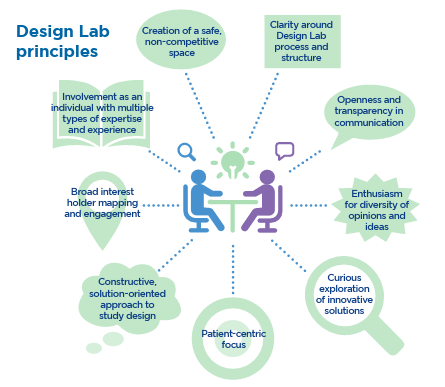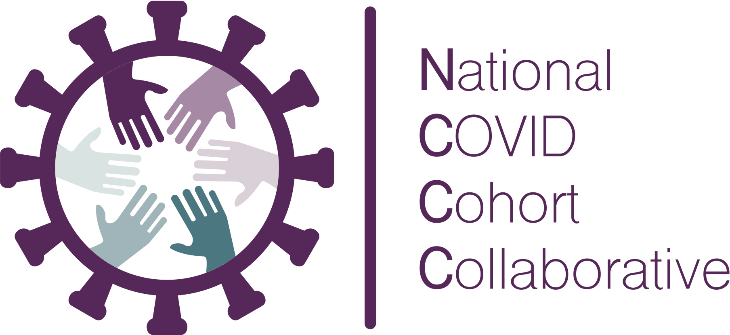Overview
The National Center for Advancing Translational Sciences (NCATS) and the National Center for Data to Health (CD2H), in partnership with experts from Observational Health Data Sciences and Informatics (OHDSI), the National Patient-Centered Clinical Research Network (PCORNet), the Accrual to Clinical Trials (ACT) network, and TriNetX, launched the National COVID Cohort Collaborative (N3C) Data Enclave. The N3C aims to aggregate, harmonize, and make accessible vast amounts of data from health care providers nationwide to accelerate advances in COVID-19 research and clinical care. With the uncertainty of the COVID-19 global pandemic, the scientific community and Clinical and Translational Science Awards (CTSA) Program created the N3C partnership to overcome technical, regulatory, policy, and governance barriers to harmonizing and sharing individual-level clinical data.
The N3C Data Enclave supports collaborative analytics across a range of clinical and translational domains, such as acute kidney injury, diabetes, pregnancy, cancer, immunosuppression, social determinants of health, and many other conditions to target mechanism, drug discovery, and best care practices for COVID-19.
N3Community Forum
Join the N3Community Forum to keep up to date on the latest N3C activity. This event is held on a weekly basis (Mondays at 5:00PM eastern time) and features one to two presentations from members of the N3C community on selected topics regarding their work with N3C. Each presentation is followed by a discussion session open to participants.
Learn about upcoming N3Community Forum presentations and register here.
View past presentations on YouTube here.
Resources and Services
The N3C Data Enclave is a secure platform containing harmonized, clinical COVID-19 data from Tufts Medicine and many other sites around the country. The enclave includes demographic and clinical characteristics of patients who have been tested for, or diagnosed with, COVID-19, and further information about the strategies and outcomes of treatments for those suspected or confirmed to have the virus.
The goal of N3C is to answer important questions about COVID-19. Some additional benefits of the N3C resource may include:
- N3C data as a resource to generate sample data for pilot projects.
- Training algorithms on a very large cohort of patients.
- Opportunities for KL2 programs to train junior researchers (the Domain Teams are a great opportunity to provide support and a network for these investigators).
- Informatics and statistics opportunities for innovation and evaluation.
- Opportunities for clinicians to investigate COVID-19 treatment patterns and disease progression.
- Nursing informatics and public health programs can work with the Social Determinants of Health Domain Team to develop research questions and use datasets and tools to analyze their data in a secure environment.
Accessing N3C Data
Please follow the process below for accessing the N3C data:
- Review the Enclave Registration Checklist to ensure the access requirements are met.
- Apply for N3C data access.
- Register for access to the N3C Data Enclave.
- Access the N3C Data Enclave.
- Review the N3C Data Overview.
Additional Resources
- National COVID Cohort Collaborative (N3C) website
- National Center for Advancing Translational Sciences (NCATS) N3C web page
- FAQs
Who is eligible?
The N3C Data Enclave is available to investigators at all Tufts CTSI partners and collaborators, provided the partner institution has signed an agreement with N3C. Please follow the N3C Data Access Tiers and Conditions for COVID-19 Related Research guidelines to check your institutional status and determine your eligibility.
Contact
To contact us, please submit a service request.
Joseph J. Frassica, MD, Executive Director, Informatics
William Harvey, MD, MSc, FACR, Co-Director, Informatics
Andrew Williams, PhD, Co-Director, Informatics




